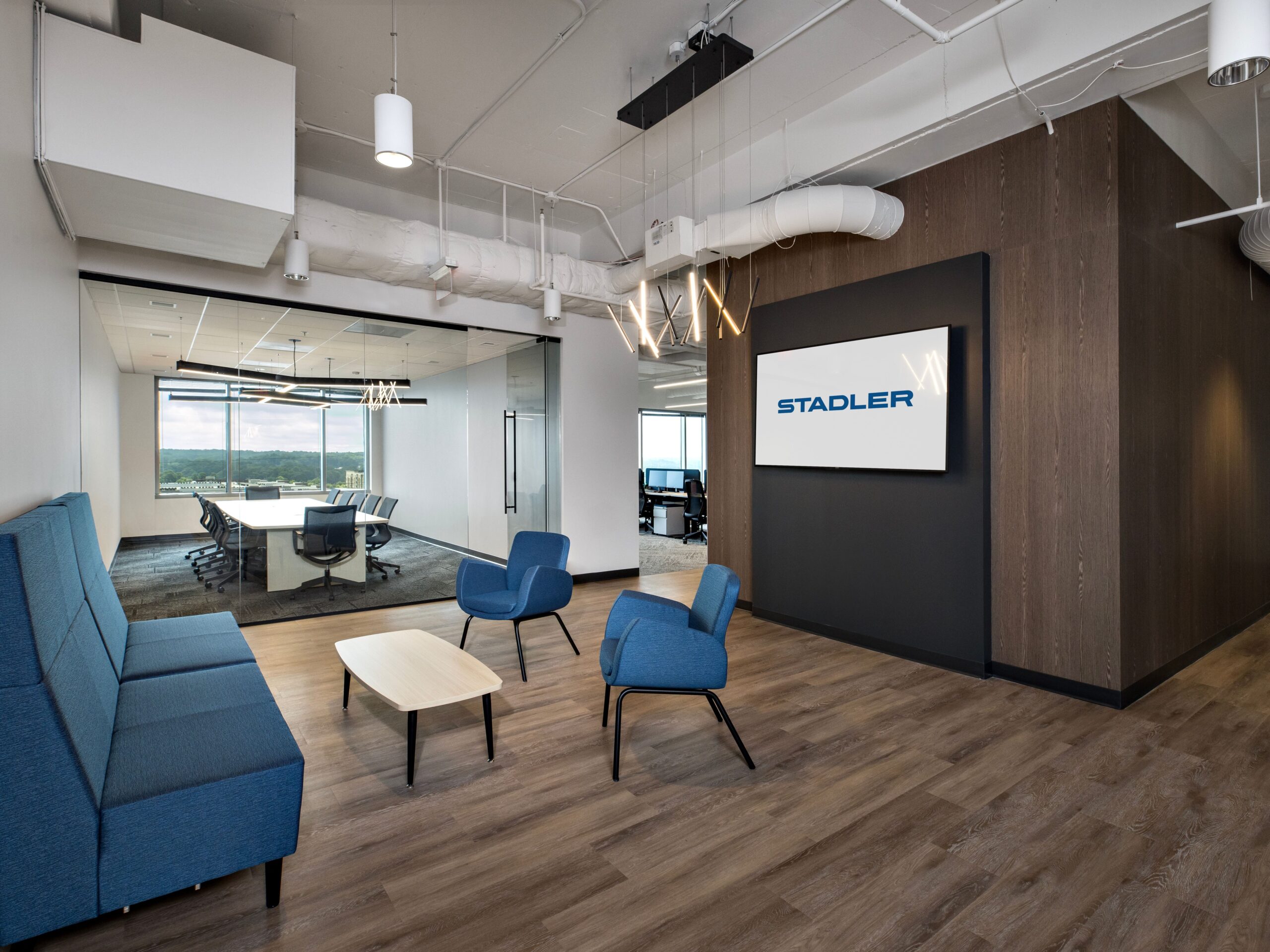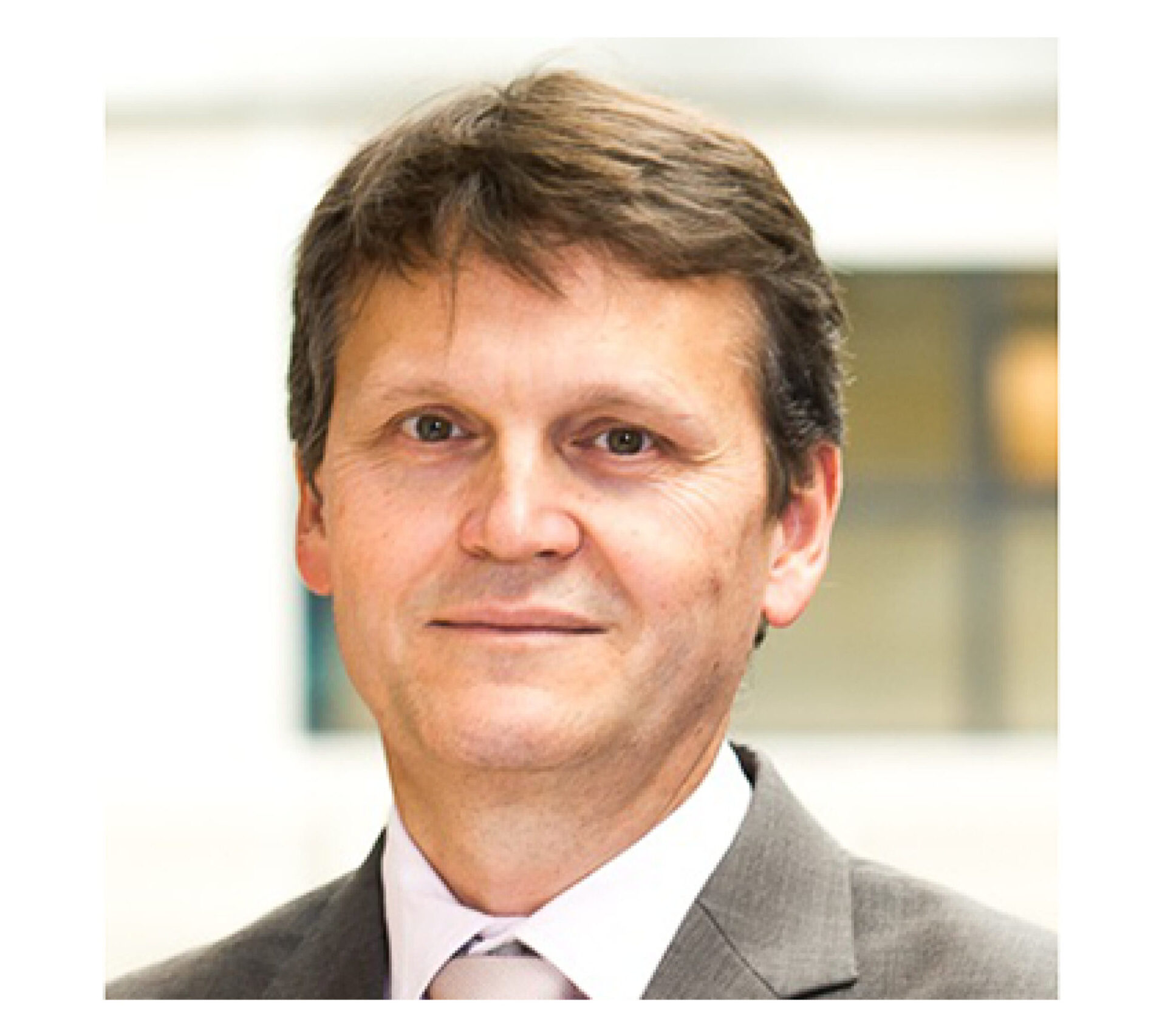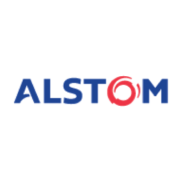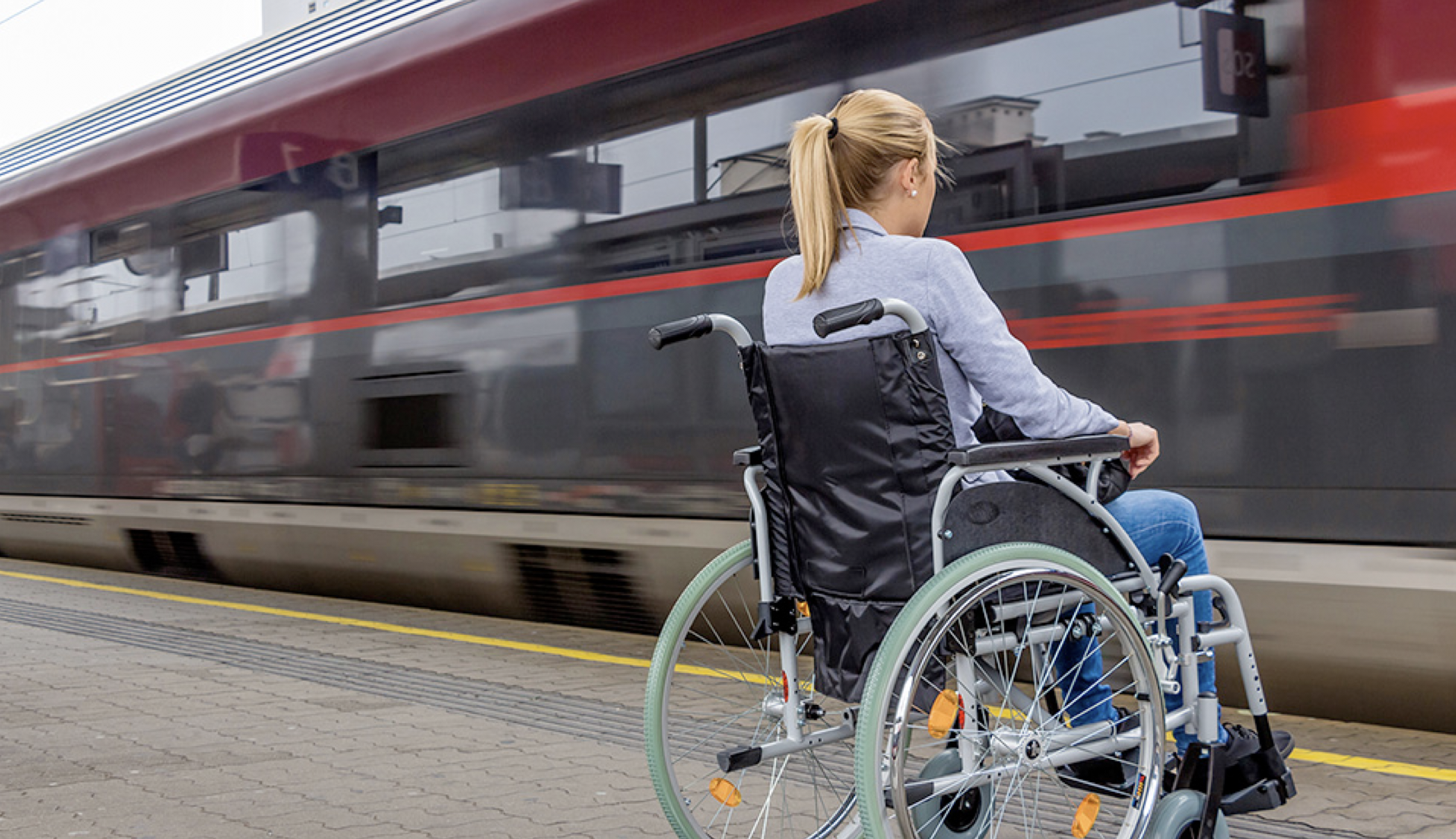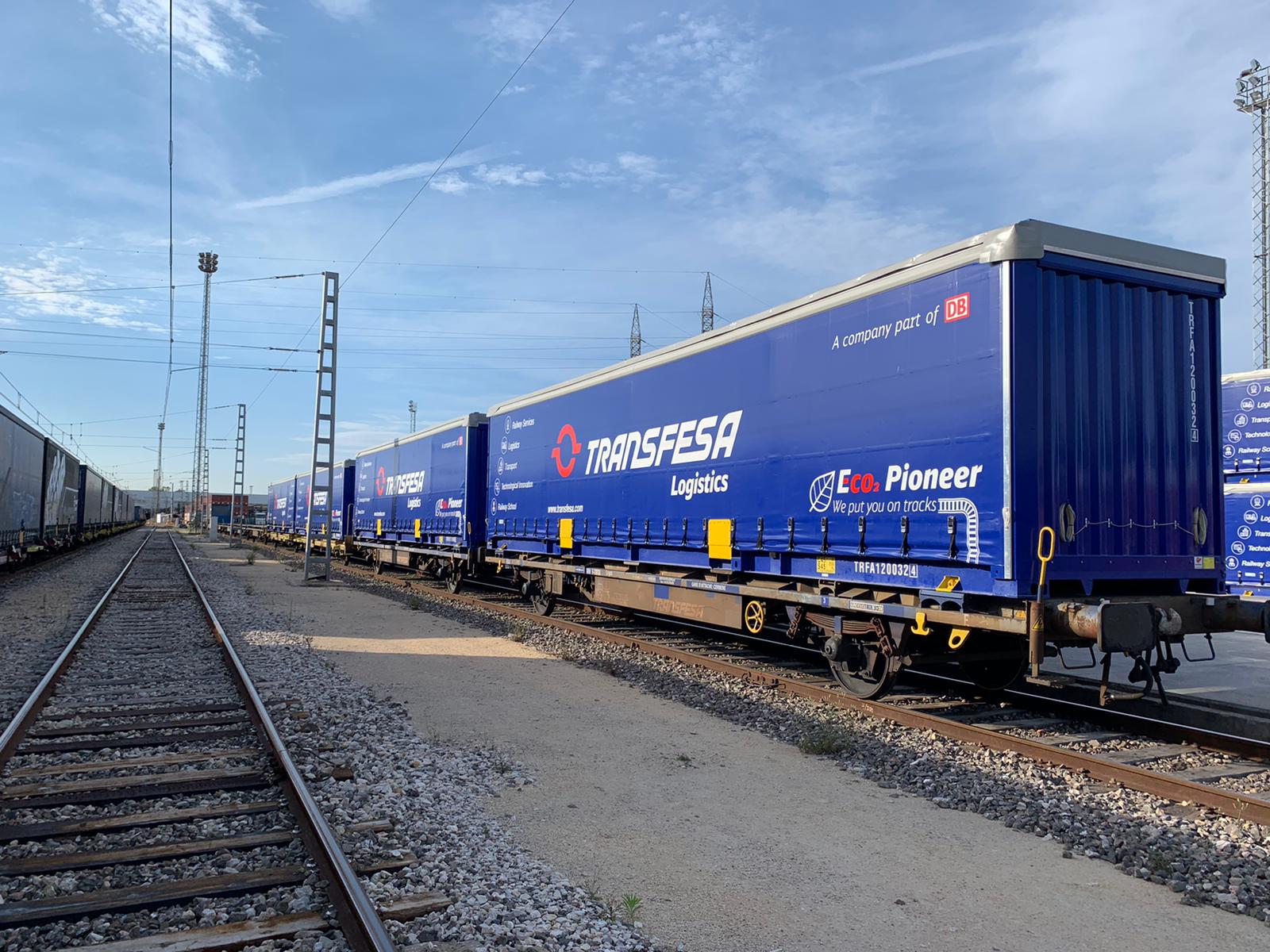The University of Birmingham has received funding from the Department for Transport via Innovate UK’s First of a Kind Programme.
The grant, worth 400,000 GBP, will help the HydroFLEX team – the team behind the hydrogen-powered train – develop the train’s detailed final production design and testing.

The HydroFLEX will be the world’s first bi-mode electric hydrogen train. Over the coming weeks it will be put through its paces on the UK’s mainline network.
Alex Burrows, Director of University of Birmingham’s Birmingham Centre for Railway Research and Education, said:I am really pleased that our HydroFLEX project has secured further Innovate UK funding to take its development closer to full commercialisation.
To achieve decarbonisation of the railway we need to develop hydrogen technology, alongside electrification and batteries, as one of the means to get diesel trains off the network.
The University of Birmingham has world class R&D capability in rail decarbonisation and I am hugely proud of our team as we continue this fantastic innovation partnership with industry to accelerate the development of clean technologies for the railway.
Hydrogen is one of a number of options that can help the rail network decarbonise. Another pot of funding from Innovate UK has gone to Porterbrook to fit a fleet of Class 170 DMUs with emission-reducing technology.
Electrification and battery technology are two additional pathways.
The University of Birmingham wants to carry on researching hydrogen technology, including for railway applications, to help decarbonise the UK transport market. The HydroFLEX was unveiled at Rail Live in 2019.
Dr Stuart Hillmansen, Reader in Electrical Energy Systems at the University of Birmingham, said:I am delighted that our team has received this funding to move towards a full production design of a Hydrogen powered train.
It demonstrates that our team can deliver world leading fundamental research, and through partnerships with industry, see the ideas through to practical realisation. This project will have a real impact, and will rapidly accelerate industry efforts to deliver a solution to replace our diesel fleet.


















